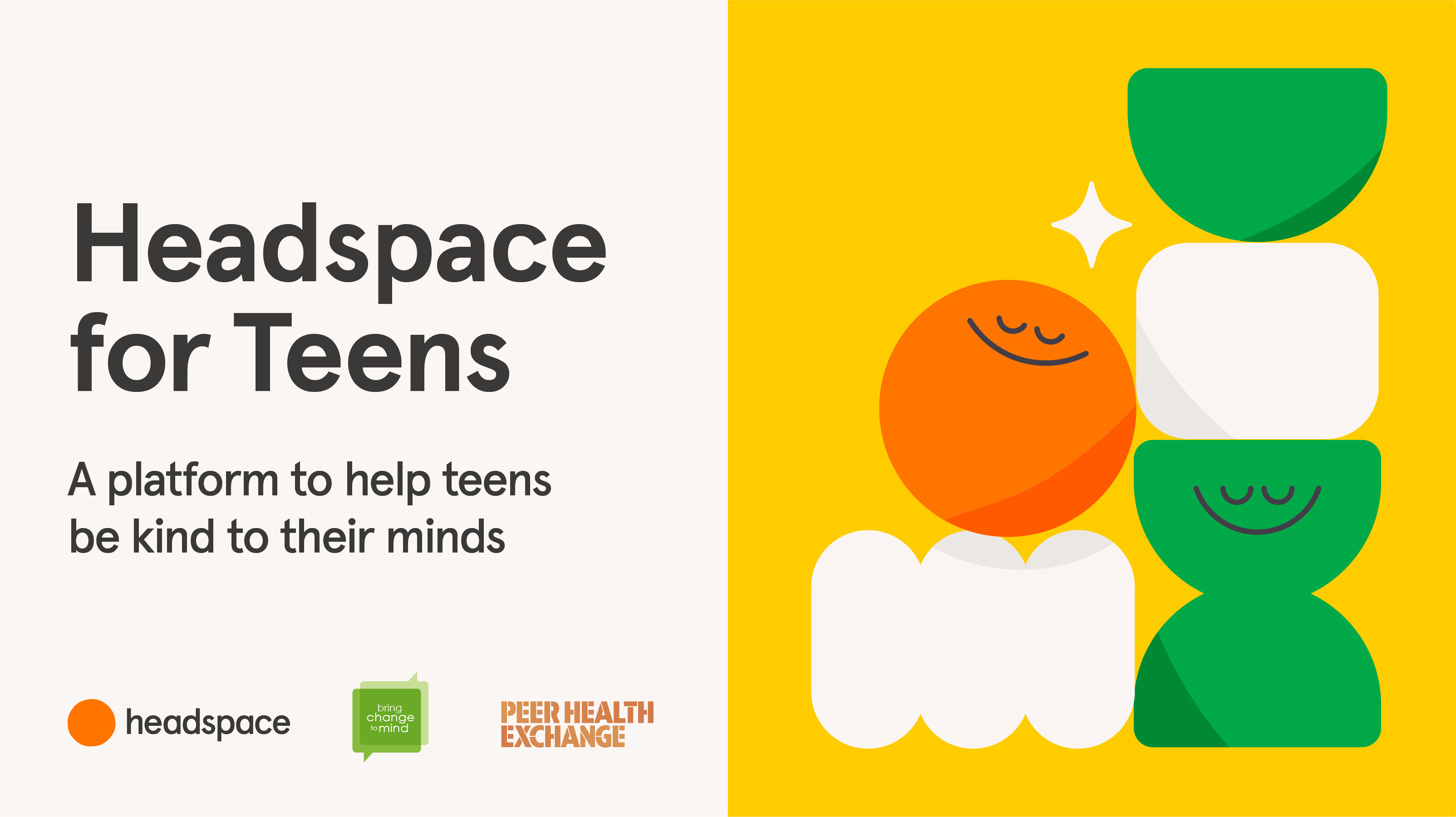The Intersection of Brand Engagement and Mental Health: Promoting Positive Brand Associations
Meta Description: Explore how brands can engage with consumers by promoting positive mental health, fostering trust, and driving loyalty in today's socially conscious marketplace.
In recent years, the conversation surrounding mental health has gained unprecedented momentum. This growing awareness invites brands to play a proactive role in promoting mental well-being through their engagement strategies. My name is Elitza Novikova, an SEO expert with over five years of experience in the digital marketing realm, focusing on ethical branding practices that resonate with today's consumers. In this blog post, we will delve into the intersection of brand engagement and mental health, outlining how fostering positive brand associations can enhance consumer loyalty and drive business growth.
Understanding the Context: The Importance of Mental Health
The Prevalence of Mental Health Issues
According to the World Health Organization (WHO), approximately 1 in 4 people will experience mental health issues at some point in their lives. With such staggering statistics, it is clear that mental health is a commonly shared concern. As brands seek to connect with their audiences, acknowledging this reality can pave the way to creating more meaningful interactions.
Consumer Preferences: A Shift Toward Ethical Branding
A 2022 study by Deloitte found that over 57% of consumers are more inclined to support brands that actively engage in positive mental health initiatives. This statistic speaks volumes about the correlation between mental health advocacy and consumer loyalty. As a result, brands that prioritize mental wellness can resonate better with their audience, building trust and allegiance.
Building Positive Associations Through Brand Engagement
Promoting Mental Well-Being: Strategies for Success
Incorporating mental health considerations into brand engagement opens a door to deeper resonance with consumers. Below are some strategies brands can adopt:
- Authentic Messaging: Emphasize the importance of genuine communications around mental health. Use inclusive language that represents diverse experiences and perspectives.
- Educational Initiatives: Brands can develop programs or share resources that educate consumers on mental health. Creating content that offers support while aligning with the brand's ethos can enhance trust.
- Community Partnerships: Collaborating with mental health organizations or professionals can bolster a brand's credibility. Partnerships signal to consumers that your brand genuinely cares about mental health issues rather than using them merely as marketing tactics.
Case Studies of Brands Making a Difference
Headspace: Leading the Charge in Mental Wellness

Headspace offers a compelling example of effective brand engagement around mental health. As a recognized leader in meditation and mindfulness, the app launched initiatives to provide free subscriptions during the pandemic, aimed at helping individuals cope with heightened stress. This thoughtful action not only fostered brand loyalty but also reinforced Headspace’s position as an advocate for mental wellness.
Dove’s Campaign for Real Beauty

Dove's Campaign for Real Beauty has successfully promoted body positivity and mental well-being for years. With messaging that encourages self-acceptance, Dove has seen its consumer engagement soar and its market share increase by 7% in the beauty segment. This illustrates how positive brand associations can be cultivated through empathetic and socially responsible campaigns.
The Role of Ethical Marketing in Brand Strategy
Guidelines for Responsible Branding
To ensure that brand engagement efforts promote positive mental health without exploiting it, companies should adhere to the following best practices:
- Use inclusive language that respects and represents diverse experiences related to mental health.
- Collaborate with mental health professionals to ensure that messaging is sensitive, accurate, and supportive.
- Create resources or programs that genuinely aid individuals struggling with mental health rather than solely focusing on brand promotion.
Failure to implement these practices may lead to backlash, eroding the trust of consumers who prioritize authenticity and social responsibility.
Long-Term Benefits of Integrating Mental Health Into Brand Strategy
The Impact on Business Performance
Investing in mental health initiatives pays off. Research from McKinsey indicates that companies prioritizing mental health witnessed a 23% increase in profitability, alongside a 57% boost in employee retention. These statistics demonstrate the positive correlations between mental well-being initiatives and consumer loyalty, ultimately driving business growth.
Creating Emotional Connections with Consumers
Brand engagement that emphasizes mental health fosters emotional connections with consumers. Research shows that emotionally engaged consumers are usually twice as likely to advocate for brands. This deep-rooted loyalty enables businesses to create community-driven environments where compassion and respect are paramount.
Insights from Thought Leaders
Mental health advocates and marketing experts agree on the pressing need for brands to genuinely engage with mental health. For instance, a renowned psychologist stated: “Brands have the power to impact mental well-being; their responsibility lies in promoting authenticity while addressing sensitive issues thoughtfully.”
Resources for Further Learning

Brands looking to delve deeper into the intersection of mental health and branding can explore the following resources:
- Mental Health America: A nonprofit organization focused on mental health advocacy.
- National Alliance on Mental Illness (NAMI): Offers educational resources for consumers and brands.
- Books and articles on ethical marketing practices and mental health advocacy in branding.
Conclusion: The Path Forward for Brands
As the conversation about mental health continues to evolve, brands have an incredible opportunity to become advocates for well-being. By creating engagement strategies that prioritize mental health, companies can foster deeply-rooted trust and loyalty among consumers. In a world where conscious consumerism is on the rise, the emphasis on positive brand associations aligned with mental wellness can illuminate the path toward sustainable business growth.
If you're intrigued by the concepts discussed here, consider delving deeper into responsible marketing practices, signing up for our newsletter for more insights, or exploring related content on how brands can engage meaningfully with their audiences. Together, let's create a marketplace that fosters empathy, trust, and positive mental health.
